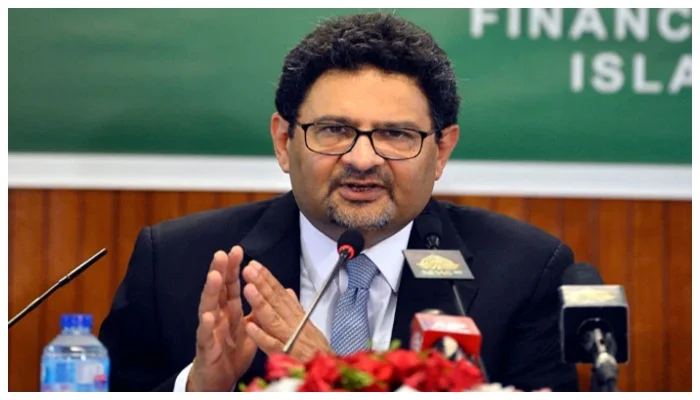Business
Petrol price to go down today, IMF has no objection, says Miftah Ismail
-
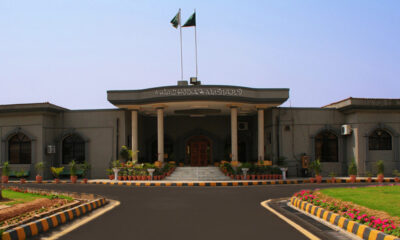
 Latest News2 days ago
Latest News2 days agoTo discuss the judges’ letter, the IHC CJ calls for a full court meeting.
-

 Latest News22 hours ago
Latest News22 hours agoThe IHC defers making a ruling on cases involving the same complaint against Sheikh Rashid.
-
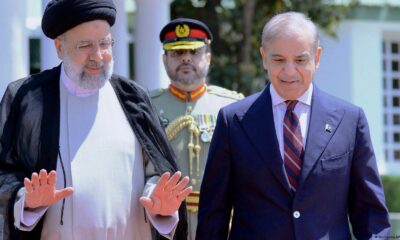
 Latest News22 hours ago
Latest News22 hours agoIran and Pakistan will cooperate on energy projects, such as the IP Gas Pipeline
-

 Latest News2 days ago
Latest News2 days agoNawaz Sharif departs for a five-day personal visit to China.
-

 Latest News22 hours ago
Latest News22 hours agoThe Lahore High Court Chief Justice has referred Fawad’s request for an extension of protective bail to a division bench.
-
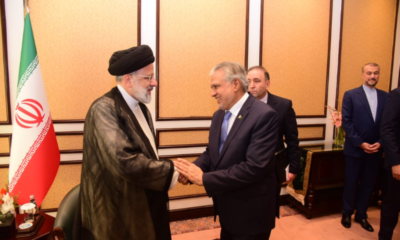
 Latest News3 days ago
Latest News3 days agoPresident Raisi of Iran and FM Dar talk about bilateral relations.
-

 Latest News3 days ago
Latest News3 days agoFor the Pakistani team’s T20I against New Zealand, Haseebullah has replaced Azam Khan.
-
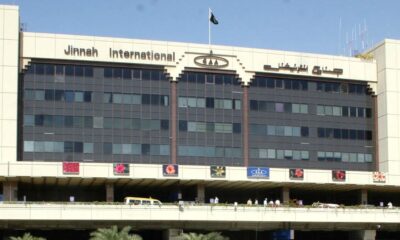
 Business3 days ago
Business3 days agoOutsourcing: Investors from Turkey stop by the airport in Karachi

